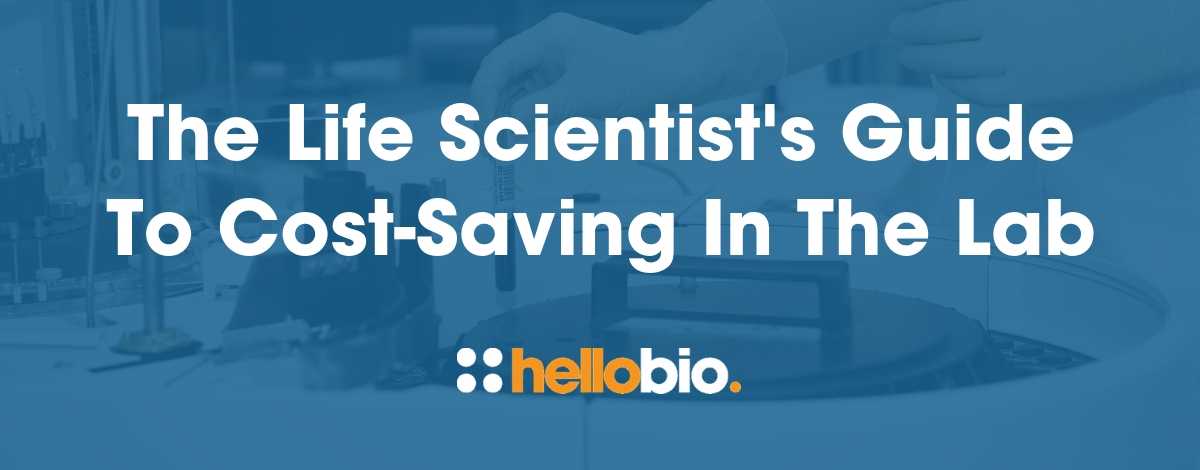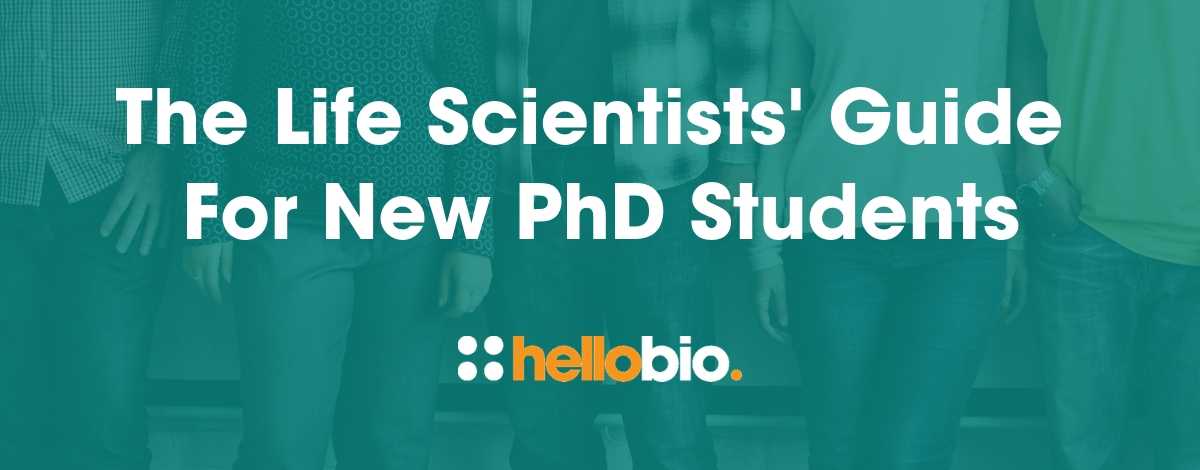Interviews with Scientists: Agustin Perez Santangelo
Agustin Perez Santangelo is a PhD student at the Universidad Torcuato di Tella in Buenos Aires, Argentina. He describes himself as: “a Molecular Biologist by choice, Neuroscientist by need” as well as being a curious and eclectic person.
Augustin is particularly interested in understanding how we make decisions — and how this process is sensitive to contextual factors — by using cognitive models that link behavioral data to physiological signals. This idea aims to shed light onto a broader topic: are we free to choose? Does free will even exist?
We met Agustin at ENCODS 2019, and he kindly agreed to chat to us about his research, passions, and more for our blog.
Thanks for speaking with us, Agustin! Firstly, we'd love to hear a bit more about your PhD...
I’m studying how our decisions are sensitive to contextual and ecological factors by correlating behavioral patterns captured by cognitive model parameters to neurophysiological signals. For instance, one of my research questions is if, and how, music tempo (or speed) modulates the decision process. As well as shedding light on the cognition puzzle, these results could also be translated to social applications.
Did you always want to be a scientist when you were younger, and why?
Although I didn’t know it by name, I was and still am extremely curious, which is a rather natural fit to this profession. Chess, jigsaws, Beakman’s World (a science TV show) and a chemistry set I got as a gift – just to name a few – were some of the childhood influences that led me towards this sort of analytical mindset.
What are you enjoying most about your PhD?
Luckily enough, I’m working in a lab where I have the freedom to try (and likely fail at) my own ideas (under an overarching research program, obviously). So that’s one of the biggest plusses… I never get bored!
What advice would you give to someone just starting their PhD?
It’s like a roller-coaster, you will go through lots of different emotions. But in the end, you will be coming back for more.
What's the most important lesson you've learned so far in your PhD?
Never be so stubborn as to think you can find the solution to every issue you might stumble upon in your project. I mean, surely – with time – anybody can get to a solution.... BUT “time” is the key word here. In a PhD, time is one of the most important resources you’ll need in order to feel some sort of accomplishment and progress. So, don’t give up at the first try. But also, don’t hit the same wall more than three or four times (it hurts!)
What’s the biggest achievement in your career to date?
Given the economical distance between Argentina and the (so called) developed world, attending conferences or even getting funding can be extremely challenging. So, in this sense – and to date – I would say that obtaining two international travel grants is my biggest achievement.
What do you think are the biggest challenges facing life scientists and their work at the moment?
Challenges are context dependent. In my region, financial issues are at our doorstep every day. But there are other cross-nation problems as well, namely: reproducibility, “publish or perish” dynamics, and ethical concerns around new techniques (e.g. CRISPR-Cas9).
Tell us a bit more about what you are working on at the moment...
Another interesting question from my project involves chess as a decision-making scenario. In this case, I am interested in finding neural signatures from EEG recordings that index the dynamics of the decision-process’s cognitive components.
Outside the lab, what do you enjoy doing?
Music (I play in a band), sports and eating chocolate.
If you weren’t a scientist, what do you think you’d be doing?
I would be a scuba-diving instructor. I am a PADI rescue-diver, but never followed through to instructor due to time and money constraints.
What is it about your field of research that gets you most excited?
Its integrative nature. I usually find myself navigating topics of psychology, physics, math, philosophy, sociology, economics, computer sciences, biology, etc. It’s the most elegant, beautiful (and the only) way to understand our own nature.
Which scientists working today do you most admire, and why?
Roger Ratcliff and Michael Shadlen. Their work on modeling and pinpointing the neural substrates of decision-making was (and still is) ground-breaking.
What’s your favourite science quote?
Richard Feynman’s: “If you think you understand quantum mechanics, you don't understand quantum mechanics.” I think it epitomizes the nature of science quite articulately.
What do you think is the greatest scientific discovery of all time?
Although more of a development rather than a discovery, I would say the scientific method itself.
________________________________________________
Thank you so much for taking the time to answer our questions, Agustin! We all wish you the very best with your PhD.
You can connect with Agustin on Twitter at @BeatableMind
Agustin is a member of the Society for Mathematical Psychology (SMP) and his research finding comes mainly from Argentina’s National Research Council (CONICET).
_________________________________________________
If you enjoyed reading this interview, why not check out the other resources available on our blog. One of the things we’re most passionate about is supporting early career life scientists and PhD students. We know how tough it is - so we hope you find these helpful!
Advice & guidance for life scientists
Click below to view our of essential guides and articles includes to support life scientists, PhD students & early career life scientists:
Travel grants
Every month we give away $500 to PhD students and Postdocs so that they can attend a scientific conference - click below to find out more:
Wellbeing for scientists
Click below for our resources to help improve your wellbeing:
Technical resources
Try our Molarity Calculator: a quick and easy way to calculate the mass, volume or concentration required for making a solution.
Try our Dilution Calculator: an easy way to work out how to dilute stock solutions of known concentrations
Click below to see our Mini-reviews, Pathway Posters & Product Guides: a set of technical resources to answer your questions on a wide range of topics and to help you get started quickly.
And - when you get to the stage of planning your experiments, don't forget that we offer a range of agonists, antagonists, inhibitors, activators, antibodies and fluorescent tools at up to half the price of other suppliers - click below to see how we compare with other suppliers:






















